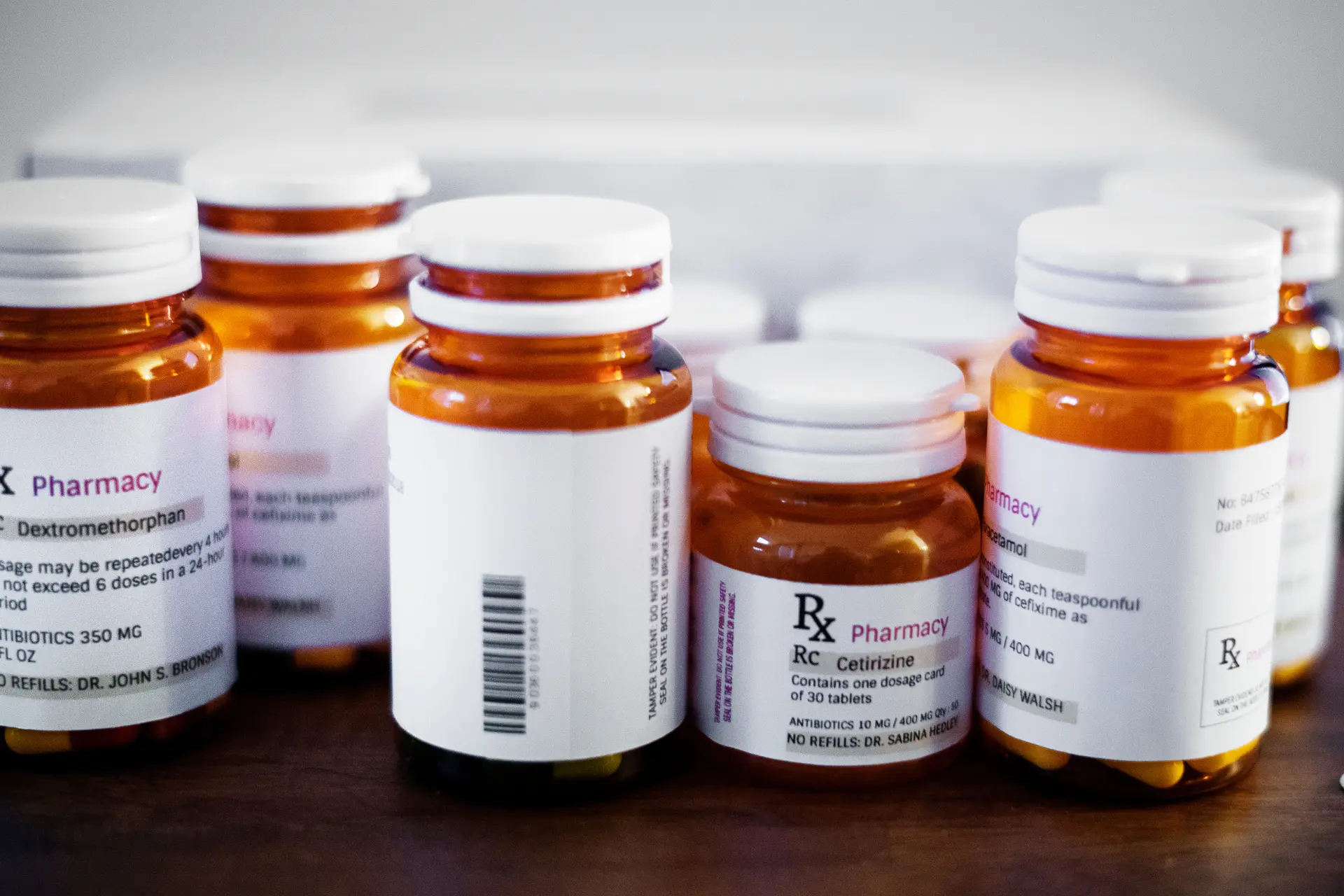Introduction to Extended Producer Responsibility In the United States
Extended Producer Responsibility (EPR) is quickly becoming one of the most significant shifts in environmental policy. At its heart, it redefines who pays for and manages waste. Instead of local authorities and taxpayers shouldering the cost, EPR ensures that manufacturers and retailers who place packaging and products into the market are responsible for what happens when those items reach the end of their life.
In the United States, this represents a fundamental change. For decades, waste management has been driven by municipal systems with varying recycling programmes and limited funding. EPR challenges that approach by requiring companies to take ownership of recycling and waste reduction, often by contributing financially to recycling systems or redesigning packaging to reduce its environmental impact.
Momentum is building. Several states have already passed EPR laws, with more planning similar legislation. Businesses that operate nationally now face a growing patchwork of rules that demand attention. For companies that want to remain compliant, competitive, and sustainable, understanding EPR is no longer optional.
Understanding Extended Producer Responsibility
The principle of EPR is simple but powerful. Producers bear responsibility for the entire lifecycle of their products, including disposal. This approach ensures that businesses not only consider how to make and market products but also what happens after use.
In practice, this means businesses may need to fund recycling infrastructure, contribute to municipal collection systems, or report detailed data about the packaging they introduce into the market. EPR is designed to encourage innovation — the less wasteful and more recyclable a company’s packaging, the lower their fees or obligations may be.
Globally, EPR has been adopted for decades. The European Union has had packaging EPR laws in place since the 1990s, and Canada has implemented strong provincial systems. Compared with these regions, the United States is a latecomer. Yet the pace of change is accelerating, with states like Maine, Oregon, California, and Colorado introducing ambitious frameworks in just the past few years.
The Current State of Extended Producer Responsibility in the United States
At present, there is no federal law governing EPR in the US. Instead, states are taking the lead, and each has developed its own version of packaging EPR. This creates complexity for businesses selling across state lines, since compliance requirements vary.
Maine was the first state to pass a packaging EPR law in 2021, setting the stage for others to follow. Its system requires producers to cover the costs of recycling programmes, with fees determined by the recyclability and environmental impact of materials. Soon after, Oregon passed legislation with a similar goal but introduced Producer Responsibility Organisations (PROs) to manage obligations collectively.
California has taken one of the most ambitious approaches. Its law not only requires producer funding but also sets strict recycling targets, such as ensuring 65 per cent of all plastic packaging is recycled by 2032. It also requires companies to reduce their use of plastics and prove they are designing packaging for recyclability. Colorado’s legislation mirrors many of these principles and also relies on PROs to simplify compliance for businesses.
Packaging has become the central focus of US EPR efforts. Plastics in particular are under scrutiny, as recycling systems struggle to cope with volumes and contamination. By targeting packaging, legislators are addressing a highly visible and politically urgent issue.
Key Components of US EPR Policies
Despite state-by-state differences, certain themes run through most US EPR frameworks. Packaging materials covered generally include plastics, paper, cardboard, glass, and metals. In some states, additional items such as single-use cutlery or takeaway containers are included.
Producers are typically required to pay fees to cover recycling costs. These fees are not uniform: materials that are easier to recycle are charged at a lower rate, while harder-to-recycle items incur higher costs. This fee modulation is designed to drive better packaging choices and encourage companies to phase out problematic materials.
Another consistent feature is the role of Producer Responsibility Organisations. Instead of each company navigating compliance alone, PROs allow businesses to join together, pool resources, and centralise reporting. This can ease the burden but also requires coordination and transparency from companies participating in the system.
Finally, data reporting is a critical element. Businesses must measure and disclose the quantities and types of packaging they place into the market. For companies with large, complex supply chains, this is no small task. Accurate data systems and compliance monitoring are vital.
Benefits of Extended Producer Responsibility in the United States
The benefits of EPR are wide-ranging. At a fundamental level, it reduces the pressure on local municipalities, which have historically borne the financial burden of recycling. With producers funding these systems, municipalities can focus on improving efficiency and service rather than covering costs.
EPR also promotes better packaging design. If producers pay less for recyclable or lightweight materials, they have a clear incentive to innovate. This can lead to reduced waste overall, increased recyclability, and more sustainable supply chains.
By creating predictable funding streams, EPR supports the growth of recycling infrastructure. More facilities can be built, new technologies can be developed, and local recycling industries gain opportunities for investment and job creation.
Finally, EPR contributes to a circular economy. Materials are kept in use for longer, reliance on virgin resources is reduced, and businesses gain reputational benefits from operating more sustainably.
Challenges Facing EPR Implementation
Despite its promise, EPR in the US faces challenges. The lack of a federal framework means that businesses must navigate a patchwork of state-level laws. A company selling nationwide may need to comply with multiple reporting systems, fee structures, and timelines, adding significant complexity.
Industry resistance is another obstacle. Some companies argue that EPR increases costs and administrative burdens, particularly for smaller producers with limited resources. There are also concerns about uneven implementation, where businesses in certain states face stricter requirements than competitors elsewhere.
Collecting accurate packaging data is one of the biggest hurdles. Many businesses lack the systems to track packaging materials across their supply chains. Without reliable data, compliance becomes difficult and costly.
Finally, the administrative burden should not be underestimated. Preparing reports, paying fees, liaising with PROs, and adapting packaging designs all require time, expertise, and investment. Businesses that fail to adapt risk both financial penalties and reputational damage.
The Future of EPR in the United States
Looking ahead, it is likely that more states will introduce EPR laws, and momentum for a federal approach will continue to grow. A national framework could simplify compliance by creating consistent rules across the country, but until such legislation is passed, businesses must work with a fragmented system.
Federal legislation could also set more ambitious national targets, accelerate investment in recycling infrastructure, and strengthen accountability. For businesses, this would bring clarity but also higher expectations.
At the same time, consumer demand for sustainable packaging is intensifying. Shoppers increasingly look for brands that align with their values. Companies that embrace EPR not just as a compliance requirement but as part of their sustainability strategy will gain a competitive advantage.
How Businesses Can Prepare for EPR Compliance
Businesses should begin by mapping their obligations. Understanding where products are sold, what packaging materials are used, and how state laws apply is essential. This creates a baseline for compliance.
Investing in robust data management systems is the next step. Tracking packaging inputs, outputs, and recyclability requires centralised systems that can provide accurate reporting. Without this, companies will struggle to meet EPR requirements.
Packaging design should also be re-evaluated. Reducing material use, switching to recyclable formats, and eliminating problematic plastics can all reduce costs under EPR systems. These design choices also resonate with consumers, enhancing brand reputation.
Most importantly, businesses should not wait. EPR is expanding rapidly, and early action will position companies ahead of the curve.
How 4Pack Can Support Your Business
Meeting EPR obligations requires not just awareness but action. This is where 4Pack can help. Our packaging compliance management software provides an end-to-end solution for businesses navigating the complexities of EPR in the United States.
With 4Pack, companies can centralise data across their packaging lifecycle, ensuring that all materials and formats are recorded accurately. This eliminates the risk of missed information and streamlines reporting processes.
Our platform also reduces administrative burden by automating compliance tasks, preparing reports for different state systems, and keeping records up to date as legislation evolves. This allows businesses to focus on strategy rather than paperwork.
By using 4Pack, companies also mitigate regulatory and reputational risks. Compliance failures can result in fines and damage to consumer trust. Our system ensures that reporting is accurate, timely, and aligned with legal requirements.
To see how 4Pack can support your business, booking a demo is the simplest step. This allows your team to explore the platform, understand how it integrates with your operations, and see how it can reduce complexity while strengthening compliance.
Recap
Extended Producer Responsibility is reshaping the US packaging landscape. Although the absence of federal legislation has created complexity, the direction of travel is clear: producers will be required to take greater responsibility for the environmental impact of their packaging.
For businesses, this brings both challenges and opportunities. The challenges include data management, compliance costs, and navigating different state systems. The opportunities lie in designing more sustainable packaging, meeting consumer expectations, and contributing to a circular economy.
Companies that prepare now will not only avoid compliance risks but also strengthen their market position. With solutions like 4Pack, businesses can simplify EPR compliance, reduce administrative burden, and embed sustainability into their operations.
The time to act is now. By embracing EPR, companies can future-proof their packaging strategies and play a leading role in building a more sustainable future.
Ready to Simplify Compliance? Enquire with 4Pack
Navigating packaging regulations in the United States can feel overwhelming. Each state is moving at a different pace with Extended Producer Responsibility laws, and businesses also need to consider broader packaging regulations relating to safety, labelling, and environmental compliance. Missing a requirement risks fines, reputational damage, or even delays in getting products to market.
This is where 4Pack can help. Our packaging compliance management software gives businesses a central platform to manage every aspect of packaging compliance. From materials and labelling to environmental and transport regulations, 4Pack ensures you have complete oversight and control across the entire packaging lifecycle.
With features such as product data management, compliance workflows, regulatory intelligence, and full audit traceability, 4Pack eliminates the need for fragmented systems and spreadsheets. Instead, you get one streamlined solution that saves time, reduces risk, and ensures compliance with confidence.
By choosing 4Pack, you are not only protecting your business from expensive regulatory breaches but also positioning yourself to innovate faster, stay ahead of evolving regulations, and strengthen consumer trust.
To discover how 4Pack can support your business, enquire with our team today. We’ll show you how our end-to-end solution can streamline compliance, mitigate risks, and help you focus on what matters most – delivering quality products to your customers.



